Regular eye exams are essential for maintaining optimal eye health and detecting potential vision problems. However, many people wonder if it’s necessary to schedule an eye exam if their vision feels stable and their prescription hasn’t changed. Here are some ways a visit to the eye doctor can help preserve your vision and overall well-being.
Benefits of Regular Eye Exams
While updating your prescription is a common reason for visiting an optometrist, there are other reasons to undergo regular eye exams, even if your vision seems unchanged.
- Early detection of eye diseases. Eye exams allow optometrists to thoroughly examine your eyes and identify early signs of various conditions and diseases, such as glaucoma, cataracts, macular degeneration and diabetic retinopathy. Detecting these conditions early increases the chances of successful treatment.
- Monitoring overall eye health. Besides visual acuity, optometrists also assess the overall health of your eyes, including the eyelids, cornea, conjunctiva and intraocular pressure. These evaluations can uncover any underlying issues or abnormalities that may not be immediately apparent.
- Detecting systemic health conditions. The eyes can provide valuable insights into your overall health. During an eye exam, an optometrist may detect signs of systemic health conditions such as hypertension, diabetes, autoimmune disorders and certain cancers. Identifying these conditions early can lead to timely intervention and better overall health outcomes.
The Recommended Schedule for Eye Exams
The frequency of eye exams depends on various factors such as age, existing eye conditions and overall health. Here are some general guidelines:
- Children. Children should have their first comprehensive pediatric eye exam when they’re between six and nine months old. Subsequent exams should be scheduled at age three, before starting school and then every year unless advised otherwise by the optometrist.
- Adults. For adults with no known eye conditions or risk factors, a comprehensive eye exam every two years is recommended. However, individuals aged 65 and above should have yearly eye exams due to the increased risk of age-related eye diseases.
- Individuals with underlying health conditions. People with diabetes should undergo a diabetic eye exam at least once a year to monitor for diabetic retinopathy, a common complication of the disease. Additionally, individuals with a family history of glaucoma or macular degeneration and those with high blood pressure or other systemic conditions may require more frequent eye exams.
Eye Exams and Prescription Eyeglasses in Edmonton
At Optometrists’ Clinic Inc., our team offers eye exams to patients of all ages. Every eye exam we provide is comprehensive, ensuring your vision is clear and scanning for health complications. Contact us today to schedule an eye exam with a certified optometrist in Edmonton, Leduc and Westlock.




